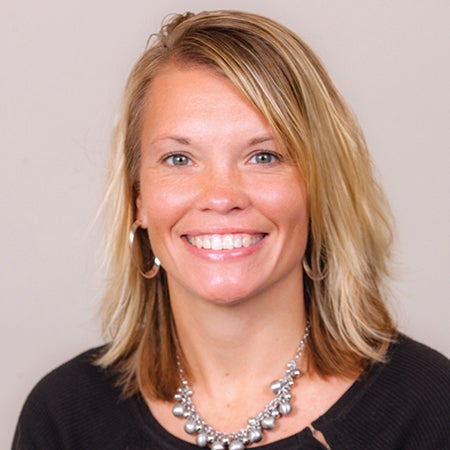Here in Massachusetts at least 900,000 individuals serve as healthcare’s front line before the front line, and their numbers are growing in this pandemic. Across the U.S., the total is at least 53 million.
Get Instant Access to This Article
Subscribe to Worcester Business Journal and get immediate access to all of our subscriber-only content and much more.
- Critical Central Massachusetts business news updated daily.
- Immediate access to all subscriber-only content on our website.
- Bi-weekly print or digital editions of our award-winning publication.
- Special bonus issues like the WBJ Book of Lists.
- Exclusive ticket prize draws for our in-person events.
Click here to purchase a paywall bypass link for this article.
Medical professionals deserve our collective recognition during the coronavirus pandemic. Nurses, doctors and paramedics have served selflessly as severely ill patients stream through emergency rooms with COVID-19.

Here in Massachusetts at least 900,000 other individuals serve as healthcare’s front line before the front line, and their numbers are growing in this pandemic. Across the U.S., the total is at least 53 million.
These first responders are family caregivers.
Family caregivers are health care’s eyes and ears in the home, with a level of access into a patient’s health and circumstances eluding even the best medical professionals. Family caregivers serve as an often unrecognized and underestimated embedded member of a care team. Their role in the shadows of health care needs to change.
The pandemic underscores the need. These days, family caregivers have even greater responsibility for helping to protect loved ones – often older adults with chronic conditions – from novel coronavirus exposure and infection. Following news of the rates of positive testing and coronavirus-related deaths in facilities across the state, families have reconsidered the use of nursing facilities and assisted living facilities and chosen to care for their loved ones at home instead.
When loved ones have chronic diseases, family caregivers feel increased pressure to manage their loved ones’ medical and behavioral health care. An analysis of the Central Massachusetts population served by Caregiver Homes found two of the three most prevalent health conditions impacting consumers in the region are hypertension and diabetes. Mental health conditions are present in more than one in five individuals. For these individuals, as well as others who by virtue of their age are in a high-risk category, family intervention has been critical to the prevention of life-threatening consequences.
As of this writing, Worcester County accounted for just under 11% of all Massachusetts coronavirus cases with 9,442 (3,342 in the city of Worcester) – the fourth most stricken county in Massachusetts by total case count, according to state data.
As more families are being called to serve during this public health crisis, they are going to need support. Family caregivers were already providing an estimated $470 billion in unpaid care for the healthcare system before the pandemic, according to AARP. Now, that figure is assured to climb.
Programs ensuring support for family caregivers are starting to gain momentum. In Central Massachusetts, Caregiver Homes, in partnership with senior care option plans from Fallon Health, UnitedHealthcare and others, works with more than 600 family caregivers, half of whom live in Greater Worcester.
In Massachusetts, as in six of the other nine states in which we operate, our care teams traditionally conducted routine home visits with families, and communicated between visits either through Vela or by phone call.
With Vela, Caregiver Homes was able to serve families without interruption. Families have been able to successfully navigate keeping their loved ones healthy and at home.
Other groups in Massachusetts are mobilizing. The Massachusetts Business Roundtable, for example, launched an initiative called the Massachusetts Caregiver Coalition aiming to address the needs of unpaid family caregivers across the commonwealth.
But we have a long way to go until family caregivers are fully recognized as part of the healthcare system.
As COVID-19 metrics wax and wane over the next several months, we know family caregivers will remain a constant and, inevitably, increase in number. COVID-19 has shown us we need family caregivers now more than ever.
Julie Carita is the Massachusetts director of operations for healthcare provider Caregiver Homes, with offices in Auburn and Natick.
